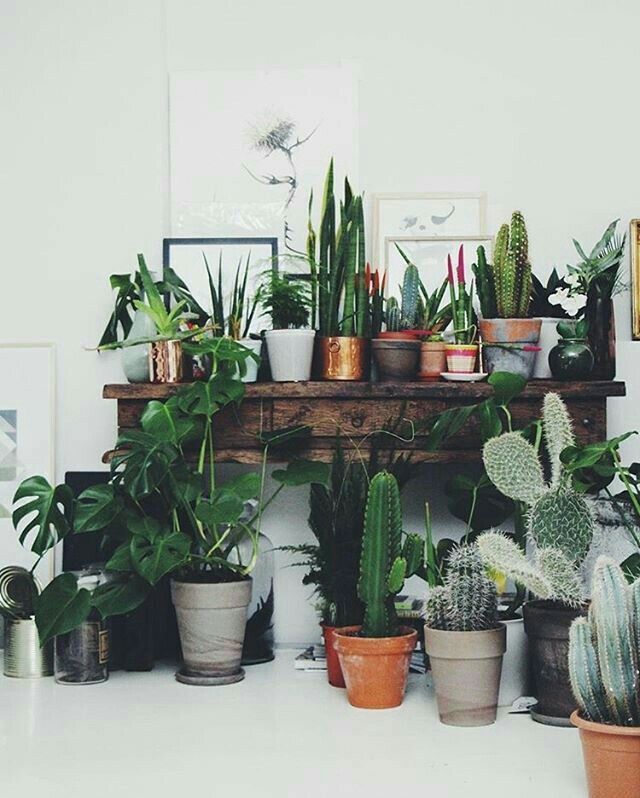A huge trend during the pandemic is buying houseplants! Some of us already had numerous “plant children” while others are just discovering the beauty that is an indoor plant. Indoor plants can elevate the mood and look of any room in the interior of your home along with naturally purifying the air. Check out our basic tips on how to maintain your new indoor houseplants!
MODERATION
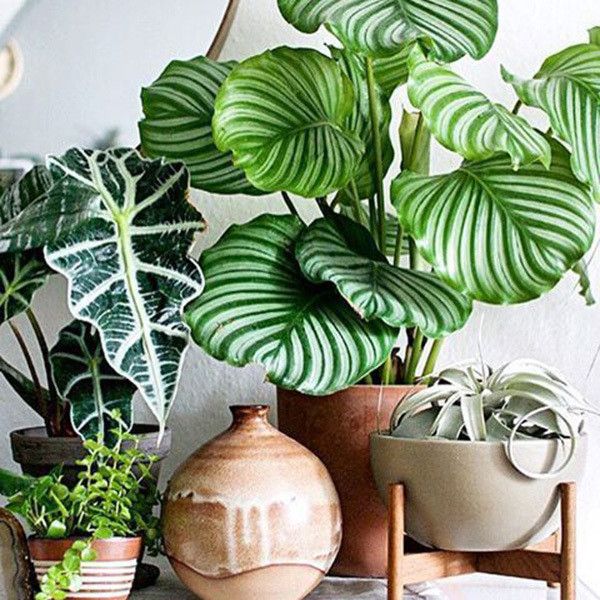
Our most crucial tip before jumping into plant parenthood would be– everything in moderation. All plants require water, light, and food, but the trick to success is to practice moderation! Additionally, let’s think about the native climate for the majority of our houseplants. Your goal is to imitate that environment as closely as possible without going overboard.
SOIL
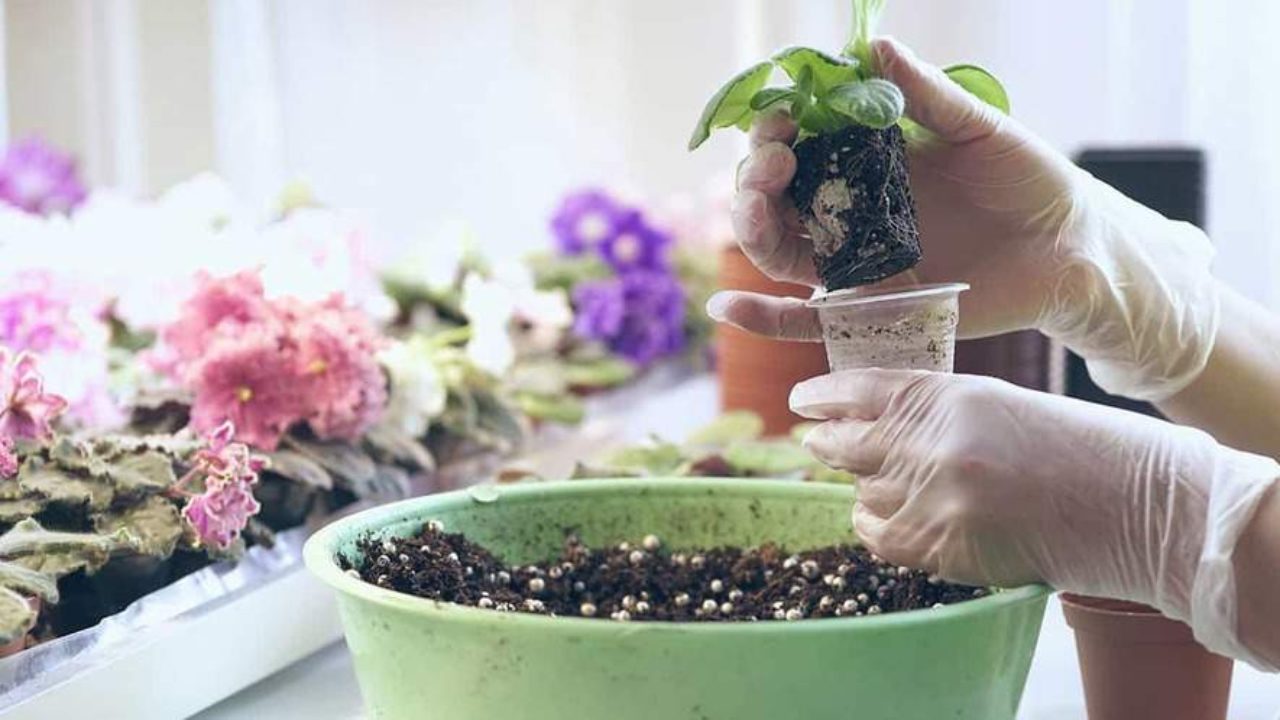
Contrary to popular belief, there is not a one size fits all soil for plants. Most plants do thrive in an organic soil, while orchids are incredibly picky when it comes to soil. Make sure you do research on the most ideal soil specific to your houseplant breed.
WATERING
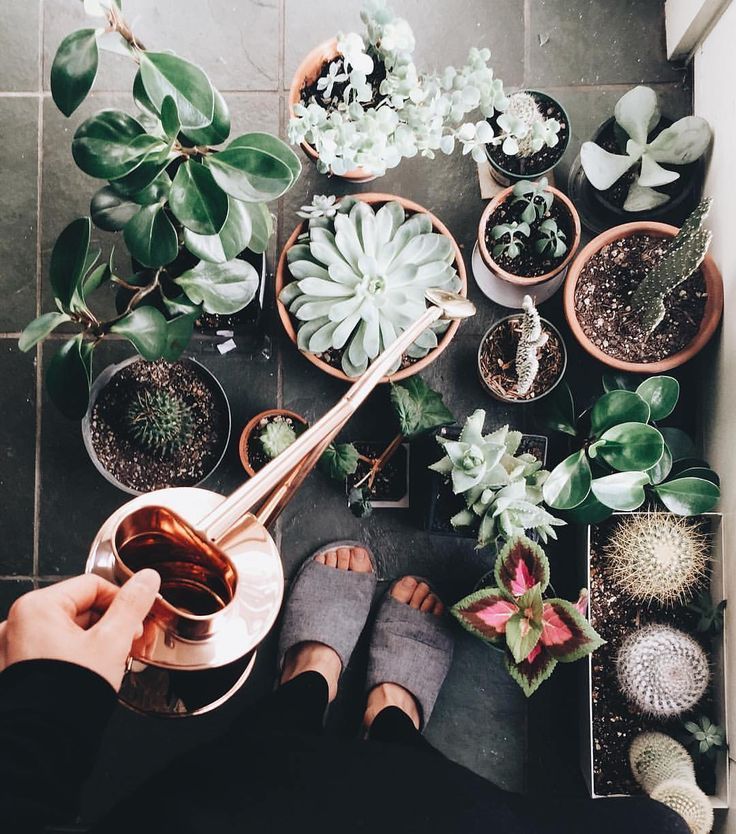
Most of the time, people are concerned they aren’t watering enough, when in fact they are watering far too much! Unless noted otherwise, most houseplants would prefer being slightly dry than soaking wet. That means a watering schedule of once or twice a week is suitable for most plants, where you water the plant thoroughly but infrequently. It is best to pour water onto the soil at a slow, deliberate pace, until the water starts escaping from the drainage holes of the container. That’s your signal to stop watering!
LIGHTING
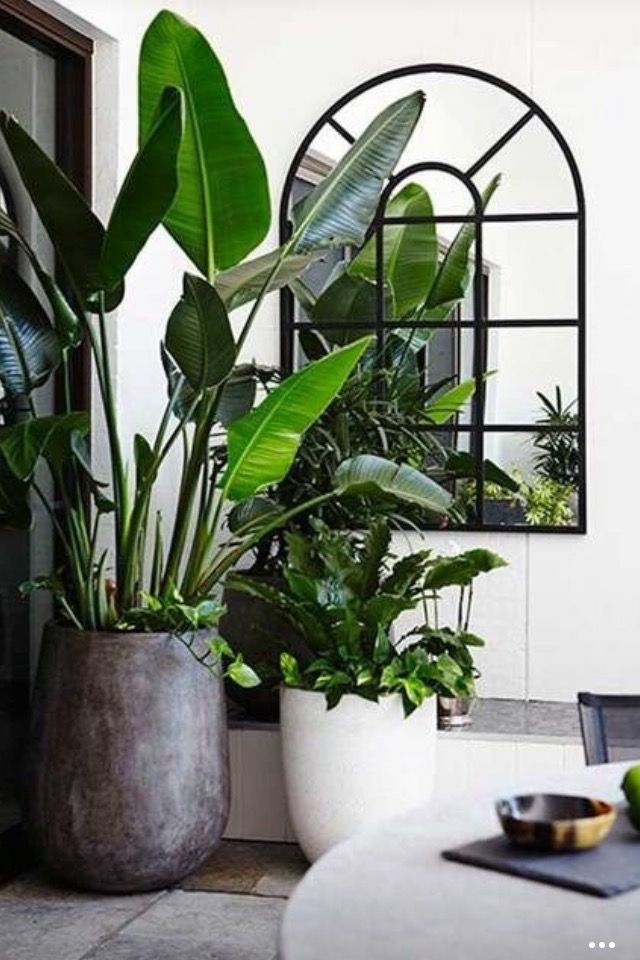
Light is just as important as water. All plants need light to carry out their necessary biological processes. It is a process called– photosynthesis. Although all plants need some light to grow, some plants require a lot less than others. Think again of their native habitat and imagine the dark undergrowth where these plants thrive. They receive heavily filtered light but still keep on kicking.
FERTILIZING
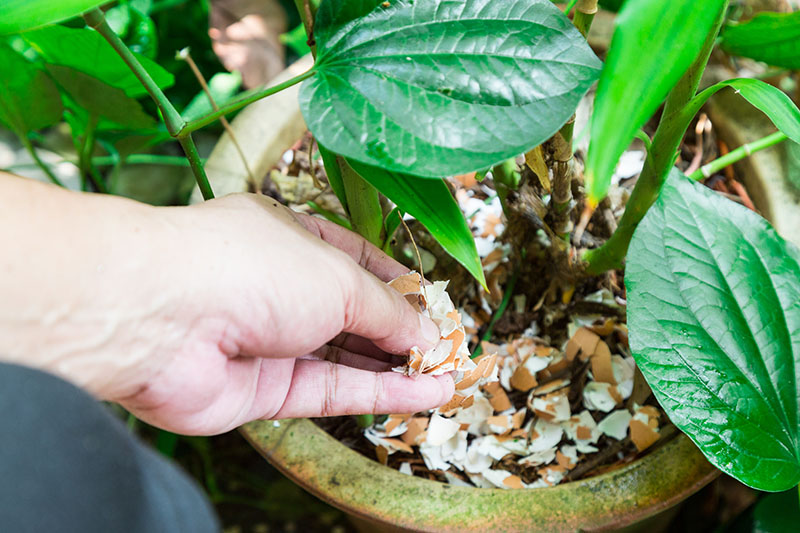
Although plants carry out photosynthesis to process the sugars they need to survive, they also need a more direct form of food to carry out growing processes. Providing fertilizers to your houseplants helps ensure they will remain happy and healthy. The food can be delivered via a granule that breaks down over time, or it can be added more directly via a water soluble fertilizer. Granules generally need to be applied once every few months, while water soluble fertilizers should be applied every two weeks or so. Read the directions on a specific fertilizer to see what is recommended.
TEMPERATURE, AIR FLOW, & ROTATING

Aim to keep the plant in a warm environment with some air circulation, and rotate its face. Almost all houseplants need a minimum temperature of 55ºF to survive. Keep plants away from areas of cold drafts in the winter. The warmer it gets for houseplants, the happier they are! Rotate your plant every few days to keep everything in balance.
